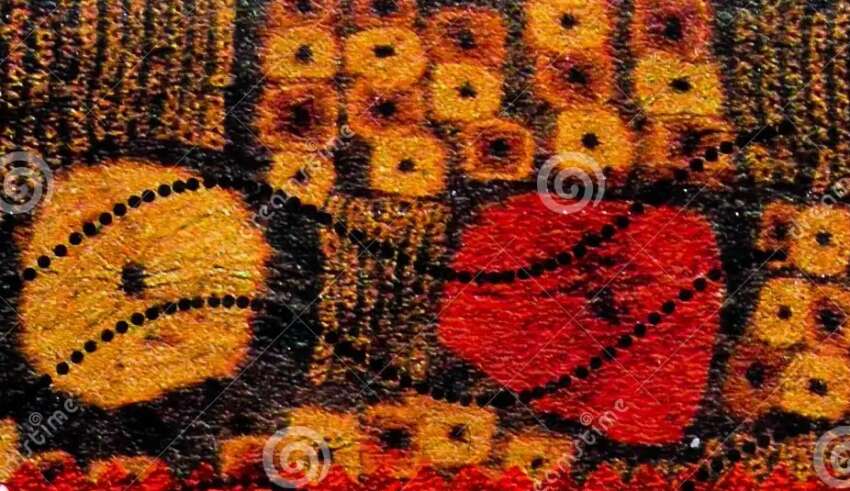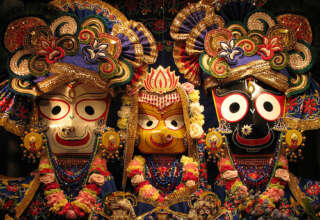
A presidential election was held in October 2000, but it was not peaceful. The lead-up to the election was marked by military and civil unrest. Following a public uprising that resulted in around 180 deaths, Guéï was swiftly replaced by Gbagbo. Ouattara was disqualified by the country’s Supreme Court because of his alleged Burkinabé nationality. The constitution did not allow noncitizens to run for the presidency. This sparked violent protests in which his supporters, mainly from the country’s north, battled riot police in the capital, Yamoussoukro. In the early hours of 19 September 2002, while Gbagbo was in Italy, an armed uprising occurred. The rebels threatened to move to Abidjan, and France deployed troops from its base in the country to stop their advance. The French said they were protecting their citizens from danger, but their deployment also helped government forces.
The government claimed that former president Robert Guéï led a coup attempt, and state TV showed pictures of his dead body in the street. Ouattara took refuge in the German embassy; his home had been burned down. President Gbagbo cut short his trip to Italy and on his return stated, in a television address, that some of the rebels were hiding in the shanty towns where foreign migrant workers lived. Gendarmes and vigilantes bulldozed and burned homes by the thousands, attacking residents. An early ceasefire with the rebels, which had the backing of much of the northern populace, proved short-lived and fighting over the prime cocoa-growing areas resumed. France sent in troops to maintain the cease-fire boundaries, and militias, including warlords and fighters from Liberia and Sierra Leone, took advantage of the crisis to seize parts of the west.
In January 2003, Gbagbo and rebel leaders signed accords creating a “government of national unity”. Curfews were lifted, and French troops patrolled the country’s western border. The unity government was unstable, and central problems remained with neither side achieving its goals. Although most of the fighting ended by late 2004, the country remained split in two, with the north controlled by the New Forces. The presidential elections that should have been organised in 2005 were postponed until November 2010. The preliminary results showed a loss for Gbagbo in favour of former Prime Minister Ouattara.] The ruling FPI contested the results before the Constitutional Council, charging massive fraud in the northern departments controlled by the rebels of the New Forces. These charges were contradicted by United Nations observers (unlike African Union observers). The report of the results led to severe tension and violent incidents. After the inauguration of Gbagbo, Ouattara—who was recognised as the winner by most countries and the United Nations—organised an alternative inauguration. These events raised fears of a resurgence of the civil war; thousands of refugees fled the country. The United Nations Security Council adopted a resolution recognising Ouattara as the winner of the elections, based on the position of the Economic Community of West African States, which suspended Ivory Coast from all its decision-making bodies while the African Union also suspended the country’s membership.
The 2010 presidential election led to the 2010–2011 Ivorian crisis and the Second Ivorian Civil War. International organisations reported numerous human-rights violations by both sides. UN and French forces took military action against Gbagbo. Gbagbo was taken into custody after a raid into his residence on 11 April 2011.[72] The country was severely damaged by the war, and it was observed that Ouattara had inherited a formidable challenge to rebuild the economy and reunite Ivorians.[ Ouattara has ruled the country since 2010. In November 2020, he won a third term in office in elections boycotted by the opposition. His opponents argued it was illegal for Ouattara to run for a third term. Ivory Coast’s Constitutional Council formally ratified President Ouattara’s re-election to a third term in November 2020. On 6 October 2023, Ouattara dissolved the government and removed Prime Minister Patrick Achi from his position. On 1 January 2025 Ivory Coast announced that France will withdraw its troops from the country, an act that will reduce France’s influence in the region. On February 20, 2025, France officially handed over its sole military base in Ivory Coast to local authorities, marking a significant shift in their bilateral relations. This decision aligns with France’s broader strategy to reduce its military footprint in West Africa, following similar withdrawals from countries like Chad, Senegal, Mali, Niger, and Burkina Faso.







